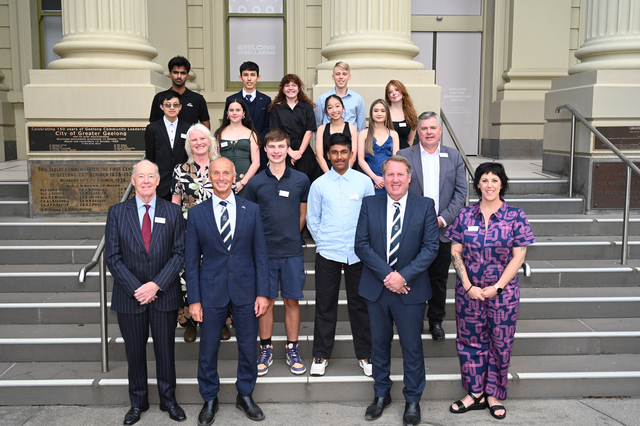
A groundbreaking research project is shedding light on the targeted advertising practices surrounding sexual and reproductive health. Led by Dr. Giselle Newton from The University of Queensland, this study aims to track digital advertisements for products and services related to these sensitive areas of health.
Dr. Newton emphasizes the paradox of our perceptions of privacy in this digital age. “We think of our sexual and reproductive health data as very personal and private,” she noted. Yet, social media interactions, such as the accounts we follow and the posts we engage with, contribute to a complex web of data that enables highly targeted ads.
The implications of this can be significant. Dr. Newton points out that women who have sought information about in vitro fertilization (IVF) often find themselves inundated with baby product advertisements, which can be distressing for those facing infertility challenges. “Similarly, women who have experienced a miscarriage may receive ads for baby items because they had previously searched for related products,” she explained.
With these personalized ads being transient and difficult to regulate, Dr. Newton highlights a pressing issue: there is currently no method for users to opt out of such targeted advertising.
The project encourages citizen participation, with Professor Nicholas Carah, Director of the Centre for Digital Cultures and Societies, explaining how participants can contribute. “We’re asking individuals to donate their ads and ad preference data,” he stated. This includes details that platforms like Meta may associate with users, such as email addresses or phone numbers linked to various accounts.
A custom-built app is also part of the research, designed to run discreetly on participants’ devices. This application utilizes machine vision techniques to detect sponsored content, recording and uploading it to a secure dashboard for analysis. Professor Carah elaborated, “The screen recording captures ads, which are then made accessible for our research team.”
The primary goal of this study is to enhance understanding of how platforms utilize targeted ads and the experiences and attitudes of individuals towards them. Dr. Newton acknowledges that while targeted advertising can have its benefits—such as discovering useful products—it is crucial to establish visibility, accountability, and regulation surrounding these practices.
Previous research led by Dr. Newton has uncovered that alcohol and gambling companies exploit social media to target vulnerable individuals. The current project expands its scope to encompass all aspects of sexual and reproductive health, including advertisements for lingerie, fertility apps, menstrual products, and menopause treatments.
Individuals aged 16-44 interested in participating in this research are encouraged to register. This initiative forms part of the ARC Centre of Excellence for Automated Decision-Making and Society and the Australian Ad Observatory. Collaboration with Professor Kath Albury from Swinburne University further strengthens the research team’s efforts.
As digital advertising continues to evolve, this study aims to bring crucial insights into the ways our health data is utilized and potentially exploited online, prompting a broader conversation about privacy and regulation in the digital sphere.






